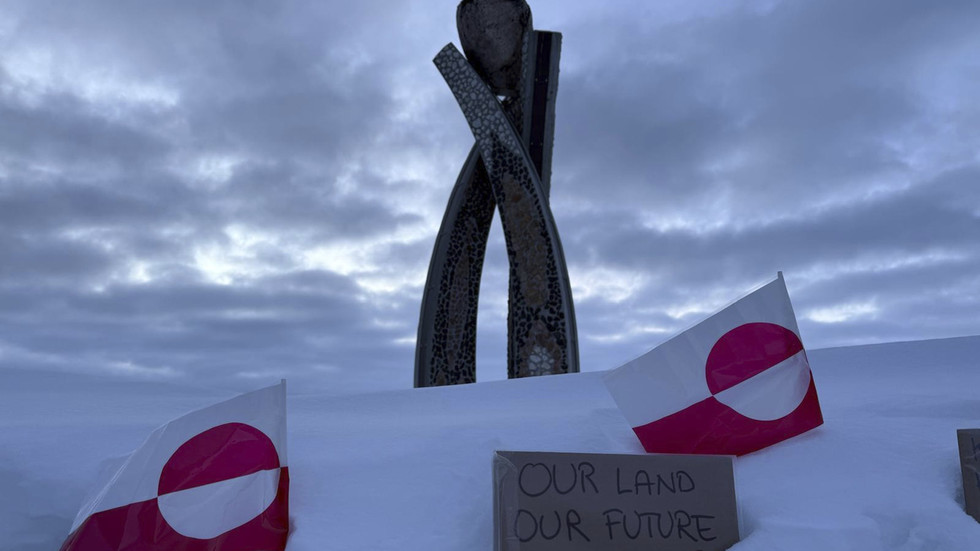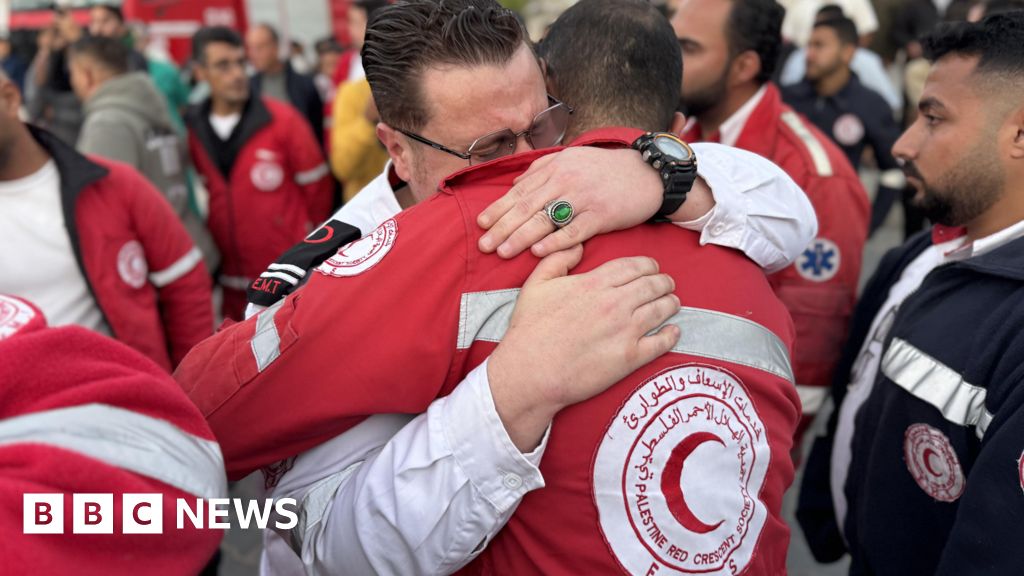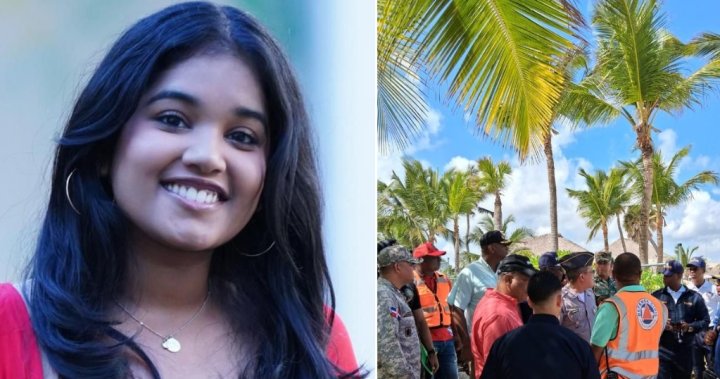The people of Finland are traditionally wary of what dangers might arise from its border with Russia. Though Vladimir Putin’s imperial ambitions remain a concern, especially as the war in Ukraine rages on, a new fear has emerged on its western front.
After decades of easy co-existence with Sweden, the Finns find themselves developing strategies to handle the violence their normally peace-loving liberal Nordic friends are exporting. Over the past decade, the country next door has gone from being a beacon of safety to a place where bombings are a daily occurrence and murders so frequent some barely make the news.
In Europe’s list of gun deaths per capita only Albania and Montenegro are ahead of the Scandinavian nation, while Baghdad has officially been deemed safer than the city of Malmo.
The carnage is also leaking into neighbouring territories.
Danish politicians are angrily demanding answers about why “child soldiers” are being sent into their country to commit crimes and Norway posts officers to places like Stockholm as part of a strategy to stem the violence.
“It's something that we aren’t used to thinking about when considering Sweden,” says Markus Kaakinen a Finnish criminologist at the University of Helsinki.
“It had been a secure, high-trust society and very safe. You have no country in Europe to compare the Swedish situation to regarding firearm violence linked to criminal gangs.
“The main problem is the [threshold] for using deadly violence in Sweden [for ciminals] is very low. They use explosions and armed violence. Most organised crime groups don't find it useful to use visible public violence. But these gangs do.
“On the other hand, we must understand that these Swedish networks are still just part of the interactional organised crime picture.”
Whilst Denmark and Norway have been beset by Swedish gangs crossing their borders to murder, Kaakinen explains that in Finland the situation is not as advanced.
Gangsters are eager to gain a foothold in the nation’s drug market but it is not a country groups use to transfer illegal goods and services.
“Domestic organised crime has traditionally been mainly arranged by illegal motorcycle gangs,” adds Kaakinen.
“But now many of the international groups are trying to get a share of the drug markets.
“This is because you can get much higher prices for drugs like cocaine here than you would in Stockholm, the Netherlands or in England.
“It is not a transit country so we have fewer suppliers here and therefore pay more.
“But it's not just the Swedish gangs, Finland is also being targeted by groups from North Africa, Eastern Europe and the Balkan region, for example. It's getting more and more international.
“The advantage, of course, that Swedish gangs have is that their rivals from other parts of Europe have to pass through many countries to reach Finland, whereas they only have to slip across the border.
“We have had some recent police investigations in Finland that show Swedish criminal networks have been trying to establish networks here.
“They are looking to take more as well as working on distribution. Of course, people in Finland have relatives in Sweden and people immigrate from one country to the other. Especially in northern Finland, the border is very easily accessible.”
The fear in Finland is for any type of repeat of the horrors seen at the Danish border, where teenagers from Sweden are travelling across the Oresund Bridge to commit crimes on their neighbour's soil.
“It's terrifying,” says Kaakinen. “But we haven't seen anything like this yet in Finland.
“There are concerns and we recognise that the Finnish organised crime scene is getting more and more internationally connected. Some of the international organised crime groups are known for being extra violent. So that's, of course, another concern.
“But we are just on a totally different scale compared to Sweden.”
Nevertheless, the Finnish government doesn’t want to be caught unprepared given what they know about the presence of the ruthless Swedish criminal groups.
“The government's published a new action plan to tackle organised crime in Finland,” adds Kaakinen.
“You can really tell that they have been watching closely what they are doing in Sweden.
“We are in a good place but we don't want to have similar problems as they do in Sweden.
“There has been a focus, for example, on giving harsher punishments to criminals when when they recruit an underage person. Finland has also changed legislation to make it so you will get a harsher punishment if you commit a crime as part of a criminal group.”

 4 days ago
4
4 days ago
4










 English (US) ·
English (US) ·